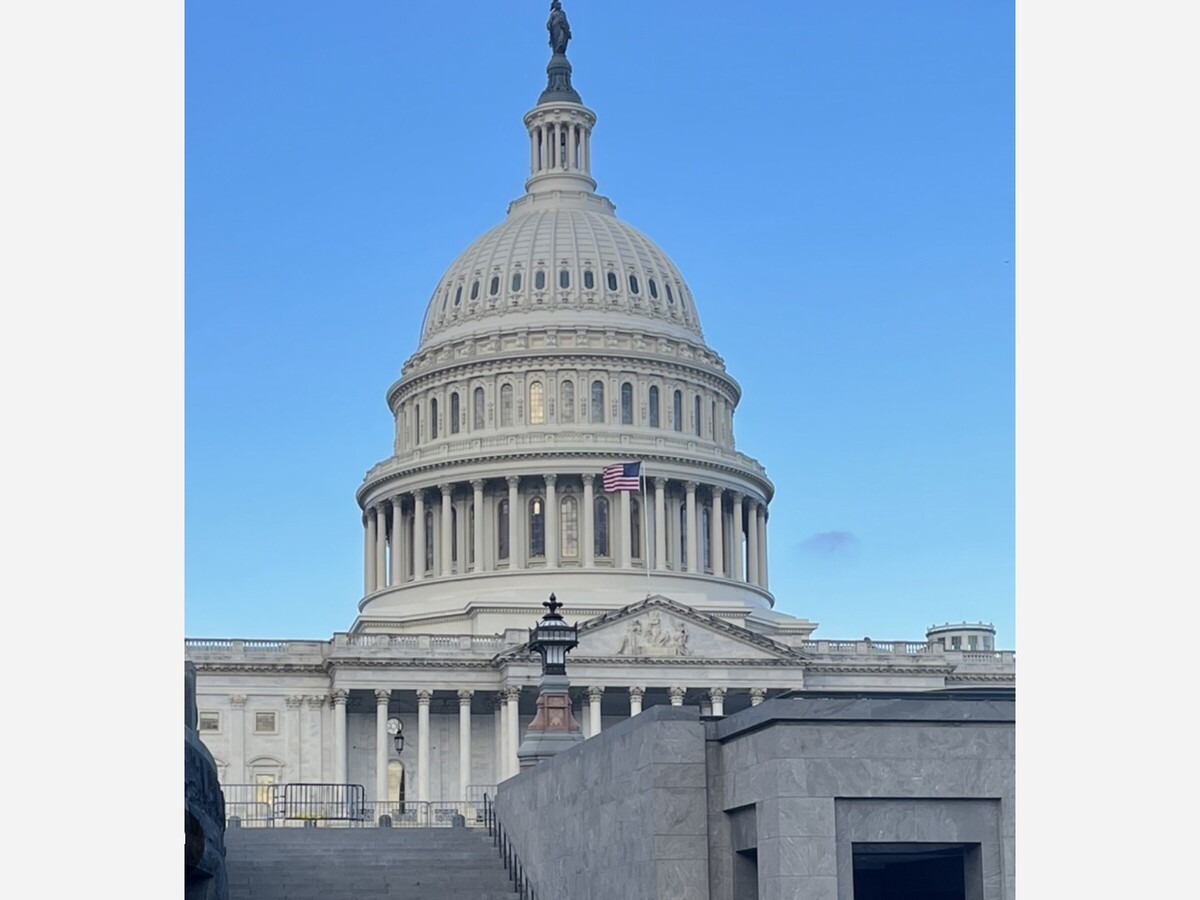Image


U.S. Senator Ben Ray Luján (D-N.M.) introduced the Children’s Act for Responsible Employment in Agriculture (CARE) Act to ensure child protections and safety standards for children in the agricultural workforce. Agriculture is the only industry with labor laws that allow children as young as 12 to work with virtually no restrictions on the number of hours they work outside of school. Across the United States, there are hundreds of thousands of children who are working in the agricultural industry and performing the grueling work required to plant, pick, process, and pack food that Americans eat every day.
The CARE Act takes steps to improve child worker safety by adjusting the age and work hour standards for children in agriculture to the standards for children working in all other industries. Among its other provisions, the bill would also increase the civil and criminal monetary penalties for child labor violations, and provide children with greater protection against pesticide exposure. The CARE Act's child labor protections would not apply to the children of farmers working on their parents' farm.
“With their whole future ahead of them, our country must do better protecting children working in the agriculture industry,” said Senator Luján. “Across the country, thousands of children are working under hazardous conditions in the agriculture sector, risking their health and education. I’m introducing the CARE Act to raise the floor and bring our agricultural labor lines in with other industries to better protect children and improve the working conditions they operate in.”
“It’s amazing to us that discriminatory loopholes, which allow very young kids to work 70- and 80-hours a week, performing back-breaking labor on farms, have been allowed to exist since the 1930s,” said Reid Maki, Director of Child Labor Advocacy for the National Consumers League and the Child Labor Coalition. “The impact of the exemptions on farmworker children educationally is very harmful and their health is at great risk from agricultural dangers. We’re so happy Senator Luján has taken action to right our inadequate child labor laws.”
“The US will not fix the country’s child labor problem until Congress provides children working in agriculture with the same protections as all other working children. Congress should pass this bill without delay to protect children from dangerous work that harms their health and development,” said Jo Becker, children’s rights advocacy director, Human Rights Watch.
This legislation is endorsed by the Child Labor Coalition (37 member organizations), Campaign to End US Child Labor, AFL-CIO, American Federation of Teachers, Association of Farmworker Opportunity Programs, Bon Appétit Management Company, Farmworker Justice, First Focus Campaign for Children, Florida Policy Institute, Food Empowerment Project, Global March Against Child Labour, Green America, HKM Employment Attorneys LLP, Human Rights Watch, Jobs with Justice, Kailash Satyarthi Children’s Foundation – US, Free the Slaves, MANA, A National Latina Organization, Marshfield Clinic Health System, Media Voices for Children, Migrant Legal Action Program, National Association of State Directors of Migrant Education, National Consumers League, National Council for Occupational Safety and Health, National Education Association, National Employment Law Project—NELP, National Farm Medicine Center, National Farmworker Ministry, National Migrant and Seasonal Head Start Association, Northwest Workers’ Justice Project, Phoenix Zones Initiative, Project Protect Food Systems Workers, Social Accountability International, The Tendai Initiative, United Farm Workers, United Food and Commercial Workers Union, and Virginia Interfaith Center for Public Policy.
The Children’s Act for Responsible Employment in Agriculture (CARE) Act:
· Amends the Fair Labor Standards Act (FLSA) by bringing the age and work hour standards for children working in agriculture up to the standards set under FLSA for all other forms of child labor;
· Protects family farm and 4-H, educational, and vocational training exemptions so that children would continue to be able to work for educational programs to expose and encourage them to pursue agricultural careers;
· Protects and expands the family farm exception to ensure children can continue to work on their family farms;
· Increases maximum civil monetary penalties for child labor violations from $11,000 to $151,380, adjusted annually to CPI, and for violations that result in death or serious injury from $50,000 to $690,000, adjusted annually to CPI;
· Increases maximum criminal penalties for child labor violations to $750,000, adjusted annually to CPI, or five years imprisonment;
· Repeals the wavier provisions for hand harvest laborers and pesticide-related worker protection standard to better protect children from pesticide and chemical exposure;
Repeals the wavier provisions for hand harvest laborers and pesticide-related worker protection standard to better protect children from pesticide and chemical exposure;
· Expands FLSA protections against child labor to independent contractors; and mandates annual reports to Congress on child labor and work-related injuries to children, requires employers to report the ages of workers injured or killed on the job as a part of existing fatality and injury reporting requirements, and mandates a memorandum of understanding between the Assistant Secretary of Labor for Occupational Safety and Health and the Administrator of the Wage and Hour Division of the Department of Labor to ensure better data sharing between agencies and states.
Full text of the bill can be found here.